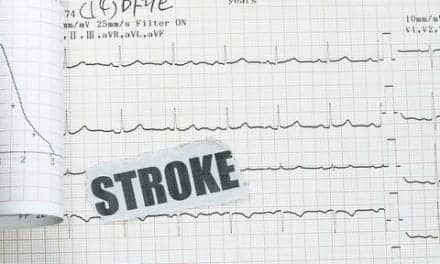Researchers at Hospital for Special Surgery (HSS) are launching a new study to identify inflammatory molecules that might help improve the treatment of patients recovering from surgery to fix meniscus tears.
The study, which is currently enrolling patients, aims to find biomarkers correlated with the development of osteoarthritis, which according to the researchers can be a common occurrence after undergoing meniscal surgery.
“The bottom line is, this is a very common orthopedic surgery and the results are not very good,” says David W. Altchek, MD, sports medicine surgeon and co-chief emeritus of HSS Sports Medicine, and medical director for the New York Mets, in a media release from HSS. “It seems like the surgery makes a small number of people better, some have an indifferent response and, unfortunately, a significant number of people get worse.”
“We don’t really know much about the biology of how the meniscus heals. We kind of let pain be the guide,” adds Christopher Mendias, PhD, ATC, associate scientist at HSS, who is helping conduct the study.
“We want to be able to say, ‘Is it healing well, and is there a correlation between doing poorly clinically and elevated levels of pro-inflammatory biomarkers or that we can detect with advanced imaging?'”
The HSS study will have several components, the release continues. Altchek, Mendias, and their colleagues will take samples of synovial fluid from 28 patients (14 men and 14 women) aged 18 to 45 undergoing a procedure called partial meniscectomy in which surgeons shave away frayed pieces of the cartilage.
Those samples will be screened for the presence of proteins associated with inflammation, molecules such as interleukin 1 beta, which is known to play a role in osteoarthritis, as well as other previously unidentified substances.
The researchers also will use an advanced form of magnetic resonance imaging to track meniscal healing over time, and will match that information with the biomarker activity to look for patterns of protein activity that predict either successful healing or poor outcomes.
Ideally, a biomarker panel could help surgeons determine which patients will be most likely to benefit from particular meniscal procedures, and what kind of rehabilitation—and even prehabilitation—routine they should undergo.
“It could also help us identify therapies to block those inflammatory molecules and reduce the risks of osteoarthritis later in life,” Mendias comments.
“The hypothesis is that there is a degenerative effect afterward, as a result of the injury or the surgery, or both—and that biologic therapy might slow that down,” Altchek adds.
Patients with a meniscus tear who are interested in participating in the study are encouraged to contact Daniel Edon.
[Source(s): Hospital for Special Surgery, PR Newswire]





